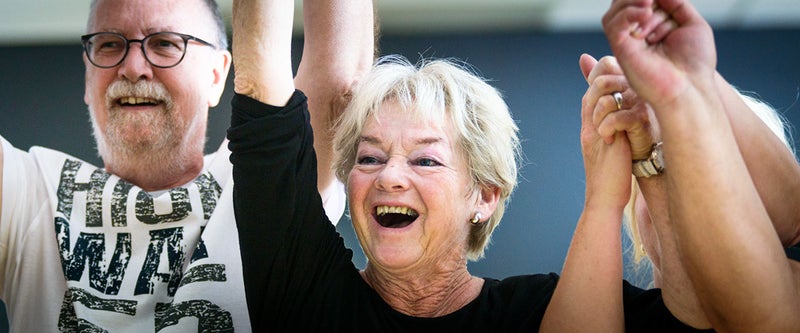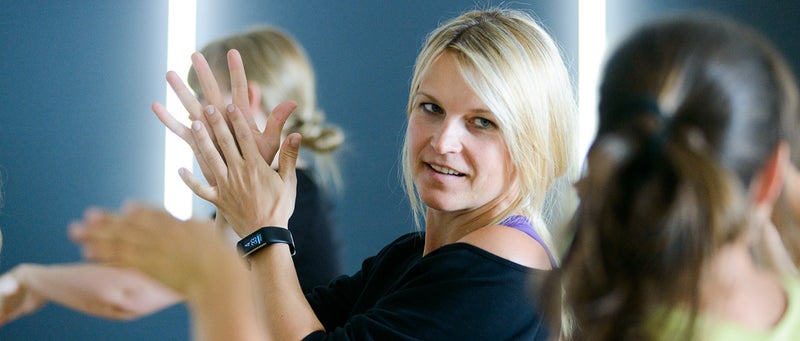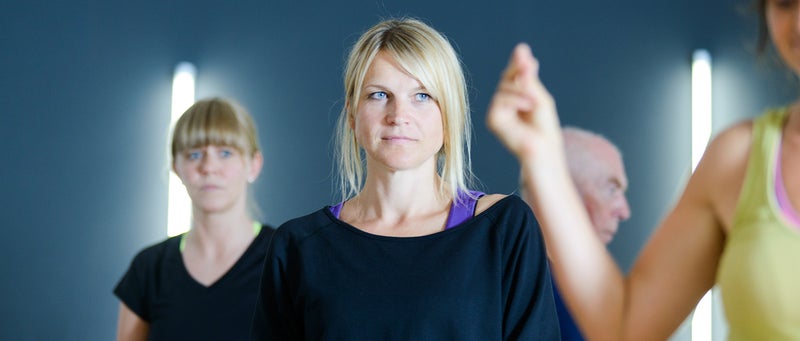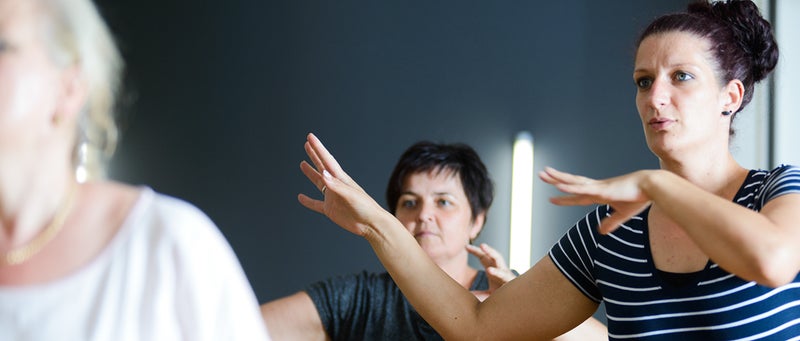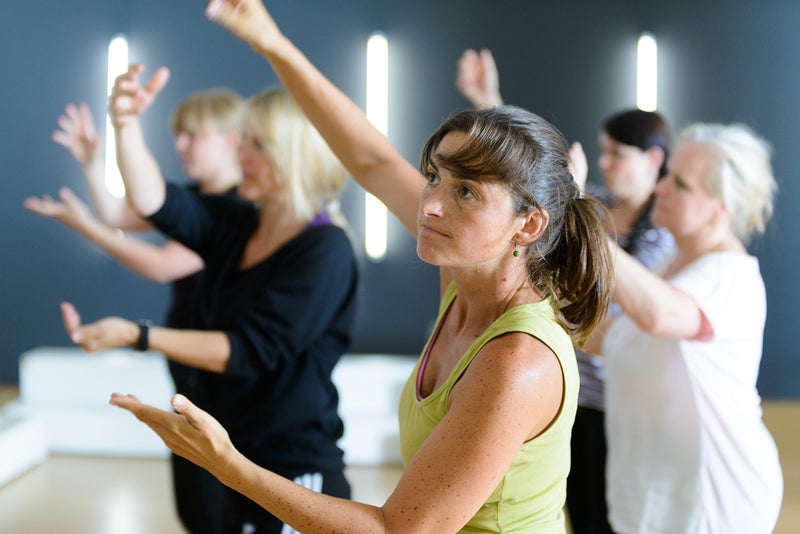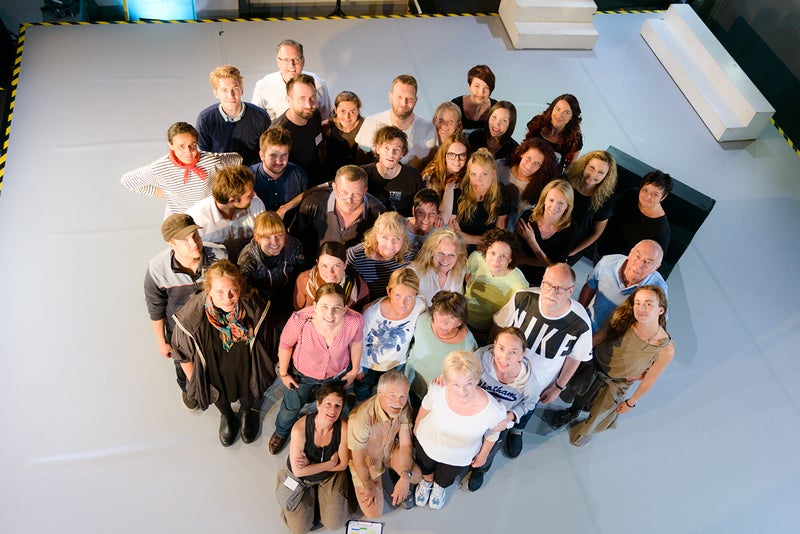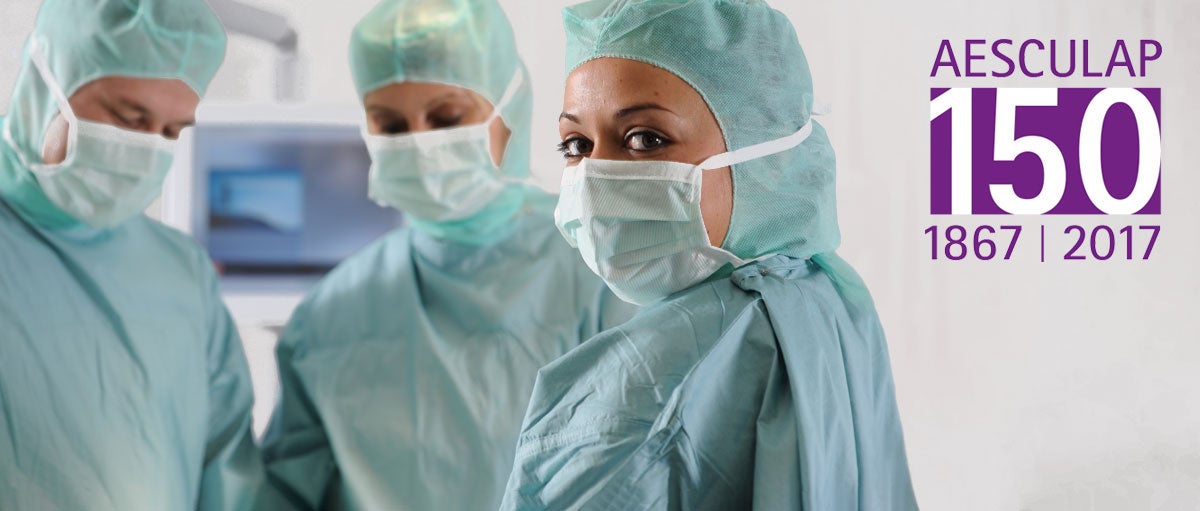Why experiments generally win
When people manage to overcome their own limits, a special power is created that moves everything forward – including medical technology.
We love seeing people who overcome their own limits. We immediately sense their courage and their – sometimes unexpected – strengths. This inspires us and gives us the courage to dare to try something new. The film “25 people, 14 days and one ambition” captures this spirit of optimism in a touching and unique way. It documents an experimental community-dance project within the scope of the 150th anniversary of the B. Braun surgical division Aesculap. “We wanted to create something by making perceptible how we strike new paths and consider new ideas,” says Christian Prädel, Director R&D Instruments Platforms and head of the anniversary project. “That worked exceptionally well with our dedicated team of patients, employees and artists.”
Engaging in something together
"The project does not only show the beauty of human motion and the role that medical technology can play in it, it goes far beyond that", says Dr. Jens von Lackum, member of the Management Board of Aesculap AG and responsible for the areas Marketing, Sales and Human Resources. “From the very beginning, I was enthusiastic about the idea, but the result surpassed my already high expectations by far.” Project lead Prädel adds: “Dancing is a special type of communication; when dancing, I have to put 100% of my trust in my partner, because we will only achieve a good result if we cooperate and work together.” In his opinion, perfect cooperation is also an important prerequisite for successful projects at B. Braun – from the first idea all the way to the finished product or service.
A common goal in sight
“25 people, 14 days and one ambition” once again confirmed how important it is to always get involved with new things and other people: “For example, we experiment in our creativity laboratory Werk 39 , in our own test labs and with external institutes – always in close communication with doctors, nursing staff and patients, completely in line with Sharing Expertise ”, says Michaela Münnig, who oversees research and development work for orthopedic joint replacement as Vice President Global Marketing. For her, the project is also an incentive for her daily work: “One of the participants spoke openly about her initial shyness in dancing on stage together with healthy people and professional dancers after her operation. During the performance, it was no longer possible to differentiate between who was a patient and who was not. One’s own expressiveness was the main thing,” remembered Münnig. For her it is clear: “If patients find their way back to their creative self-expression and an active life, I know our commitment is worth it.”
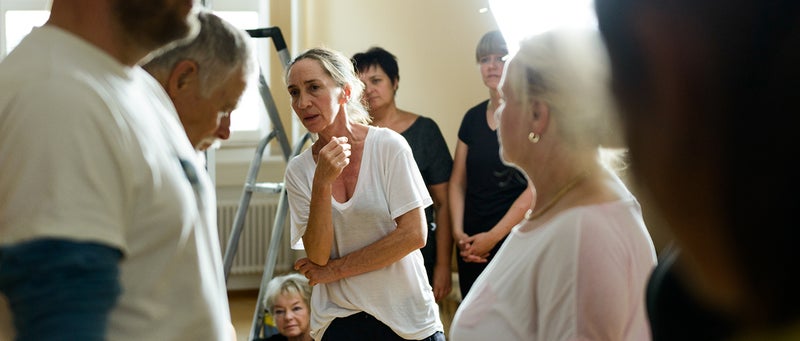

Overcoming limits together
Although experiments naturally entail the risk of subsequently turning out to be dead ends, they are essential for innovations. This is also confirmed by von Lackum: “Failure is an integral part of experiments. Since we need a love of experimentation, especially at the early stage of new ideas, failures are not only accepted, but they are even desired,” he says. What is important is that we take advantage of our mistakes and collectively learn from them. Von Lackum is convinced that progress and development call for a similar type of courage that the participants in the dance project exhibited: “Only people who dare to overcome their limits again and again can achieve what B. Braun is standing for since generations: Protecting and improving the health of people around the world.” And whoever approaches experiments and risks with joy and enthusiasm, like the dancers from the community dance project, will grow with this attitude – in the arts, in medical technology and also in one’s own life.

